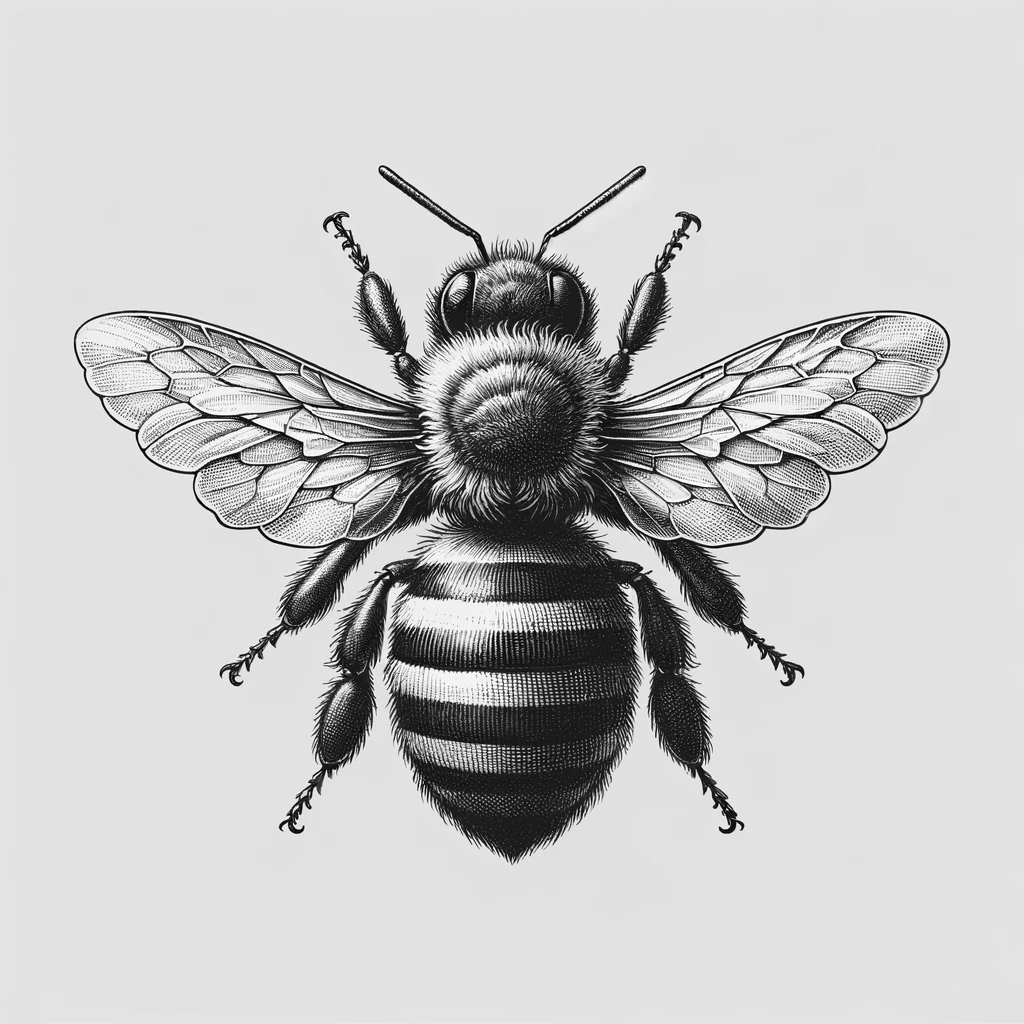Beekeeping, also known as apiculture, is the practice of maintaining bee colonies in man-made hives. This ancient practice has been instrumental in human agricultural development, providing not only honey but also pollination services that are crucial for many crops. Beekeeping is both a hobby and a profession, enjoyed by thousands worldwide for its unique blend of natural interaction, scientific learning, and the rewards of honey and beeswax production.
Overview and History
The art of beekeeping dates back to ancient times, with evidence in rock paintings and ancient texts. In Egypt, honey was used for culinary and medicinal purposes, and beeswax was used in art and mummification. The Greeks and Romans further refined techniques, with philosophers like Aristotle studying bee behavior. The evolution of beekeeping saw a significant leap with the creation of the movable-frame hive in the 19th century, revolutionizing bee management and honey extraction.
Equipment and Materials
To start, you’ll need:
- Beehive: The most common is the Langstroth hive, designed for easy inspection and honey extraction.
- Protective Clothing: A beekeeper suit, gloves, and veil are essential for protection.
- Smoker: Produces smoke that calms bees, making hive management safer.
- Hive Tool: A multipurpose tool used for prying apart hive components and scraping wax.
- Bee Brush: Gently removes bees from surfaces without harming them.
Getting Started with Beekeeping
- Education: Begin with reading books and online resources about bee biology and hive management.
- Local Laws and Regulations: Check local regulations about beekeeping in your area.
- Join a Beekeeping Club: Gain practical knowledge and support from experienced beekeepers.
- Set Up Your Hive: Choose a sunny, dry spot, preferably facing east.
- Obtaining Bees: Purchase bees in the spring; options include package bees or a nucleus colony.
- Hive Maintenance: Regularly inspect your hive for health, honey stores, and potential threats like mites or disease.
Resources
- Beekeeping for Beginners
- British Beekeepers Association
- Scientific Beekeeping
- The Beekeeper’s Bible: Bees, Honey, Recipes & Other Home Uses
Tips and Tricks
- Seasonal Care: Understand seasonal bee behavior and adapt your hive maintenance accordingly.
- Monitor for Pests: Regularly check for common pests like Varroa mites.
- Record Keeping: Keep detailed records of each inspection to track hive health and growth.
- Feeding Bees: In certain seasons or during shortages, you may need to feed your bees sugar syrup or pollen patties.
Additional Information
Beekeeping also plays a crucial role in environmental conservation. Bees are vital pollinators, and their decline in recent years has raised concerns. By becoming a beekeeper, you contribute to the health of your local ecosystem.
Conclusion
Beekeeping is a deeply fulfilling hobby, offering insights into the complex world of bees and their vital role in our ecosystem. It requires patience, learning, and commitment, but the rewards—ranging from honey to the satisfaction of contributing to environmental conservation—are immense and gratifying.






